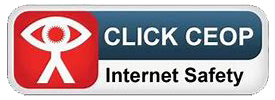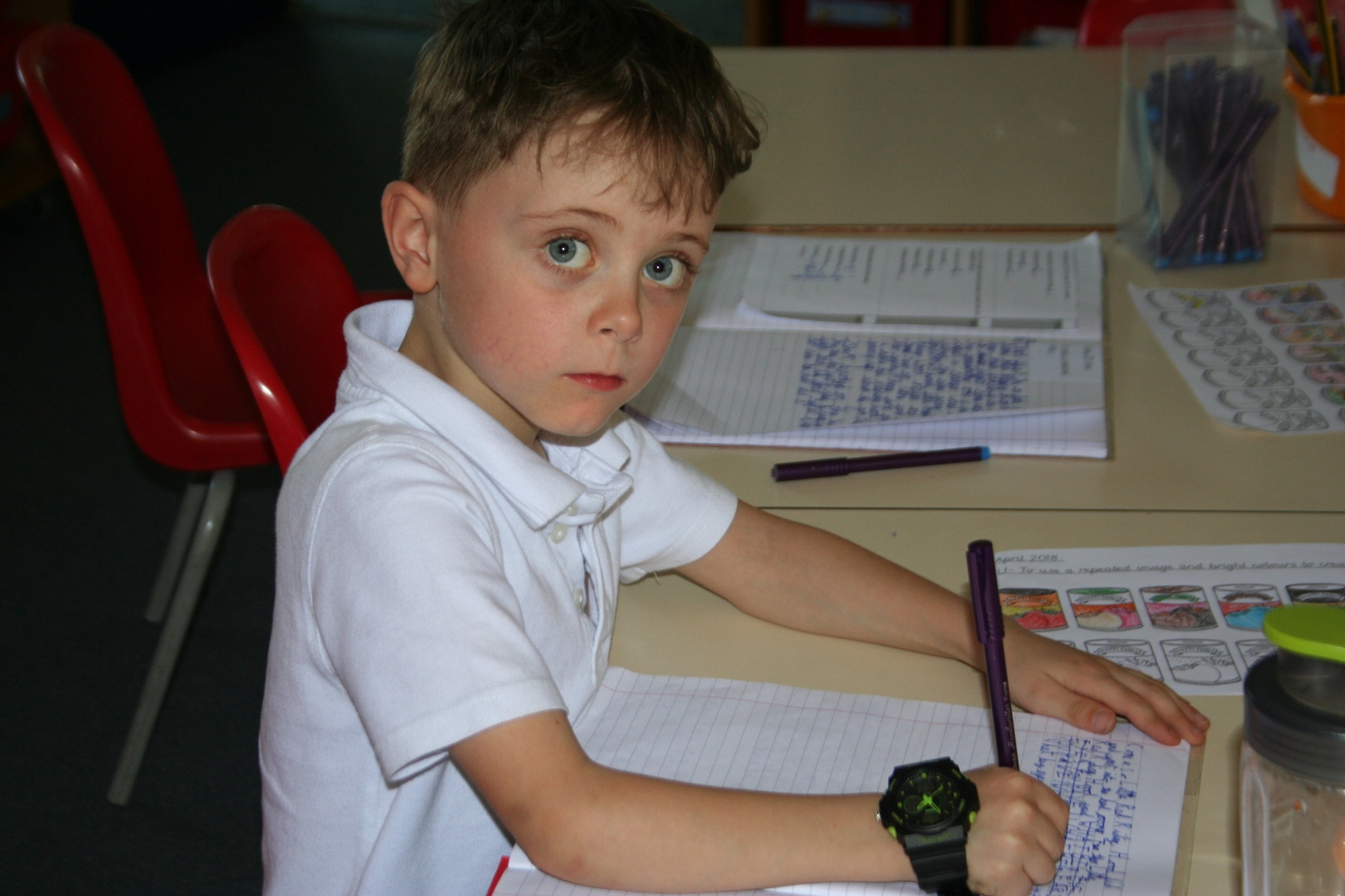English
Reading
At Woodlands, we love reading. It continually informs us and allows learning for life. It helps children develop skills of literacy, interpretation and expression, but above all, reading brings enjoyment. In order for children to fall in love with reading, we ensure we give them time in school to explore and read new books. Our brand new library and our class reading corners are home to a range of high-quality fiction and non-fiction. We stay up-to-date with new releases to peak our children’s interest and we regularly promote great texts throughout the year. We are a book loving community; staff love to talk to children about what they are reading and enjoy advising them which books to read next. Each year group has specially selected high-quality, age-appropriate texts which we call our ‘Star books’; we encourage children to read these for challenge, inspiration and enjoyment.
In order to develop pupils’ fluency, confidence and enjoyment in reading, we ensure we have a rigorous and sequential approach to the reading curriculum. This begins in Reception and remains a priority throughout the school. We explicitly teach fluency skills and use a scheme of Read Aloud books, which provide children with the opportunity to develop their expression, smoothness and word recognition. Comprehension skills are taught discretely and are practised in context in all subjects. Our aim is for children to leave Woodlands with excellent reading fluency and comprehension skills, as well as a love for books.
Reading in Reception
Reception is a crucial stage for establishing enthusiasm for books and reading; positive attitudes here can set the pattern for life. Our staff aim to give our pupils a positive experience of books right from the start. We use a range of approaches to teach early reading including storytelling, activities to develop letter and sound knowledge, and singing and rhyming activities to develop phonological awareness.
Phonics
We know that word recognition is key to reading fluently so in the early years, the focus is on recognising and reading words accurately. We use the Read Write Inc phonics approach to explicitly teach pupils letter-sound combinations through an organised sequence. Lessons are planned and taught to achieve high levels of motivation and engagement.
Practice makes perfect. Therefore we send our children home with reading books matched to the sounds they are learning in class. To support your children with their phonics at home, please visit the link below.
Speaking and listening
Language provides the foundation of thinking and learning and as such, we provide a high-quality, language rich environment for all our learners to develop their speaking and listening skills. We enjoy many collaborative activities that provide children with opportunities to learn and hear language as well as develop their social skills. For example, discussions of books, circle time activities, debates, poetry recitals and group work. We also explicitly teach new language by exposing children to new vocabulary through a range of reading material and our ‘Word of the Day’ activity. This variation motivates and engages children in their learning and as a result, they have a wider understanding of language.
Writing
Speaking and listening skills lay the foundation for writing. Articulating ideas before writing means that children can focus more on their writing composition. At Woodlands, we aim to provide exciting writing opportunities, time for purposeful practice and effective feedback. We base our lessons on an approach called ‘Talk for Writing’ that takes children through three stages. Firstly, they learn to imitate the language needed for a particular topic orally, before moving onto reading and analysing it, and then writing their own version. Over time, our teachers reduce the amount of scaffolding and modelling they provide, and our children are able to write high-quality texts independently. You can see examples of our Year 6 writing on the Resources tab.











